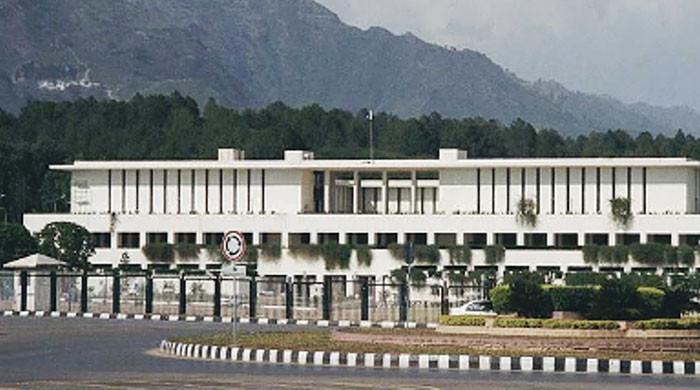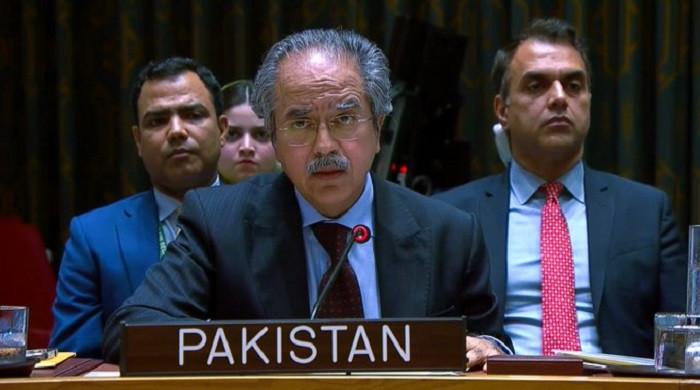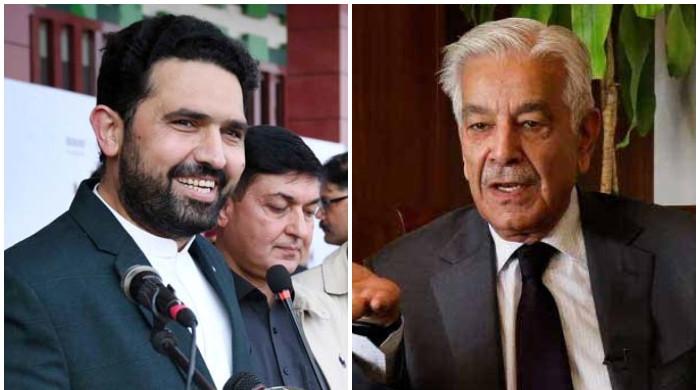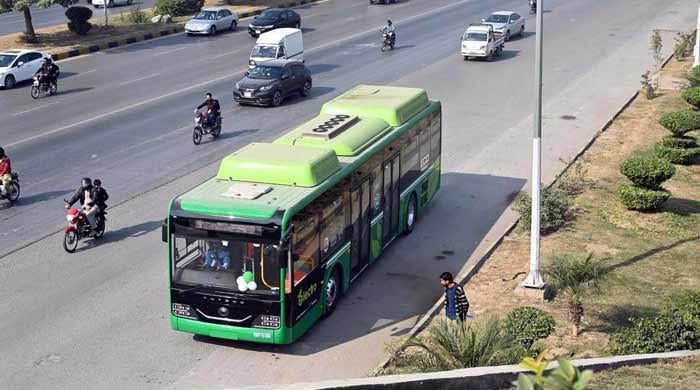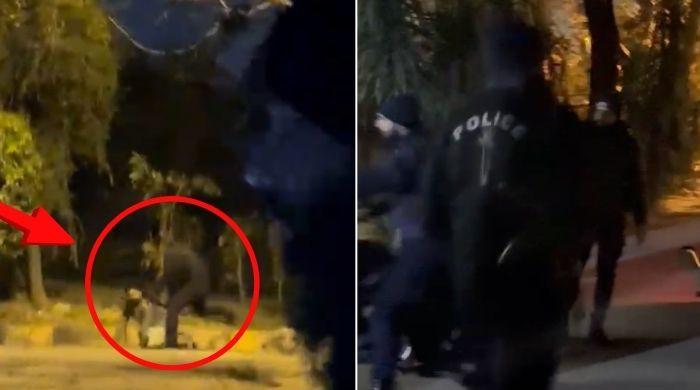Top TTP commander among four terrorists killed in Bajaur during infiltration bid: ISPR
Military says killed militant commander Amjad, second to Noor Wali, was highly wanted by Pakistan
October 30, 2025
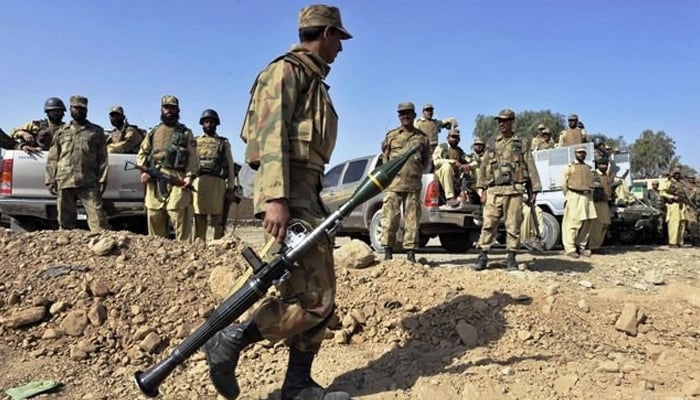
- Kharji leader Amjad neutralised in strike at high-value target: ISPR.
- Says govt had fixed Rs5m head money on killed TTP commander.
- Adds TTP leadership orchestrating infiltration attempts from Afghanistan.
In a major breakthrough, security forces killed four terrorists, including top Fitna al-Khawarij, Tehreek-e-Taliban Pakistan (TTP), commander in Khyber Pakhtunkhwa’s Bajaur district, the military’s media wing said on Thursday.
In a statement, the Inter-Services Public Relations (ISPR) said on the night of October 29 and 30, the movement of a group of terrorists, who were trying to infiltrate through the Pakistan-Afghanistan border, was picked up by the security forces in Bajaur district.
“Own troops effectively engaged and thwarted Khawarij’s attempt to infiltrate,” it said, adding that as a result of precise and skilful engagement, four militants, including kharji leader and a high-value target Amjad alias Mazahim, were sent to hell.
The ISPR said that killed TTP commander “Amjad, second to Kharji Noor Wali and head of Rehbari Shura of Indian proxy Fitna al-Khwarij, was highly wanted by the law enforcement agencies (LEAs) and govt had fixed head money of Rs5 million on him, as he remained actively involved in perpetuating numerous terrorist activities inside Pakistan while residing in Afghanistan”.
“Sanitisation operation is being conducted to eliminate any other Indian-sponsored Kharji found in the area as a relentless counterterrorism campaign under vision “Azm-e-Istehkam” by security forces and LEAs will continue at full pace to wipe out the menace of foreign-sponsored and supported terrorism from the country,” the ISPR statement read.
The military’s media wing further said that the TTP leadership, while residing in Afghanistan, is orchestrating infiltration attempts into Pakistan, primarily to project an impression of domestic presence and to raise the diminishing morale of "their khwarij in Bajaur and Mohmand because of effective operations of security forces".
“It is once again reiterated that the interim Afghan government must take concrete measures to ensure that Afghan soil is not used by kharji proxies to perpetrate terrorism against Pakistan. It also validates our stance that Afghan soil is continuously being used as a safe haven by khwarij belonging to Fitna al Khwarij against Pakistan,” the ISPR said.
“The security forces remain resolute and unwavering in their commitment to defend the nation’s frontiers,” the statement concluded.
The Bajaur operation comes hours after ISPR said it had killed eighteen India-backed terrorists belonging to Fitna al-Hindustan in two separate IBOs in Balochistan.
The military's media wing said that an intelligence-based operation (IBO) was conducted in the general area of Chiltan Mountains, Quetta district, on the reported presence of terrorists.
“During the conduct of the operation, own troops effectively engaged the terrorists’ location, and after an intense fire exchange, fourteen India-sponsored terrorists were sent to hell,” it added.
In another IBO conducted in the general area of Buleda, Kech district, a terrorist hideout was busted and four terrorists were successfully neutralised, the ISPR added.
Pakistan has been grappling with rising terror incidents, particularly in KP and Balochistan, since the Afghan Taliban regime took power in 2021.
The government has repeatedly urged the Taliban regime to rein in terrorist groups responsible for countless attacks in Pakistan.
However, the Taliban regime largely remained indifferent to Pakistan's demands and provided refuge to multiple terrorist groups targeting security forces and civilians.
Instead of addressing Pakistan's concerns about cross-border terrorism, the Taliban regime resorted to unprovoked firing along the border on October 12.
Pakistan Armed Forces retaliated swiftly, killing over 200 Taliban fighters and affiliated militants; however, as many as 23 Pakistani soldiers were martyred during the border clashes.
Security forces also conducted strikes inside Afghanistan, including in Kabul, destroying terrorists’ hideouts in the country.
Hostilities between forces of the two nations ceased after Pakistan accepted the Taliban regime's request for a temporary ceasefire on October 17.
Delegations from the two countries later met for talks mediated by Qatar in Doha, where they agreed on a ceasefire agreement.
Turkiye then hosted the second round of talks in Istanbul, which began on October 25.
However, the talks ended inconclusively after four days over what Pakistani authorities described as the Taliban delegation's "illogical" arguments, which they said were "detached from ground realities".




